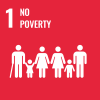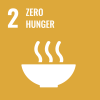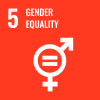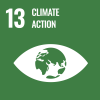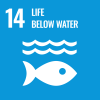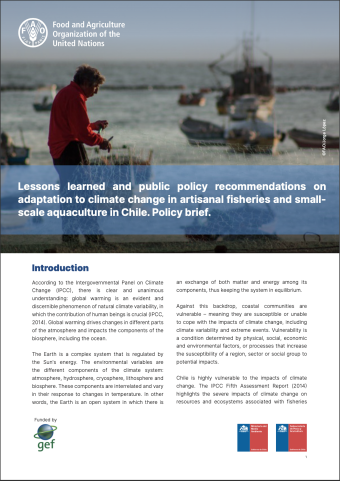
This document is part of the project “Strengthening the adaptive capacity to climate change in the fisheries and aquaculture sector of Chile”, executed by the Undersecretariat of Fisheries and Aquaculture and the Ministry of the Environment, and implemented by the Food and Agriculture Organization of the United Nations, with funding from the Global Environment Facility. The work was implemented in four pilot coves: Caleta Riquelme (Tarapacá); Caleta Tongoy (Coquimbo); Caleta Coliumo (Biobío); and Caleta El Manzano-Hualaihué (Los Lagos).
This document presents the primary results and innovative aspects of the project, in keeping with its three main components: strengthening of public and private institutional capacities; improvement of the adaptive capacity of artisanal fisheries and small-scale aquaculture; and strengthening knowledge and awareness about climate change in fishing and aquaculture communities. It also details the lessons learned during the project, with the goal of providing the authorities and communities involved in the fisheries and aquaculture sector with the capacity and tools required to adapt to future climate scenarios.

